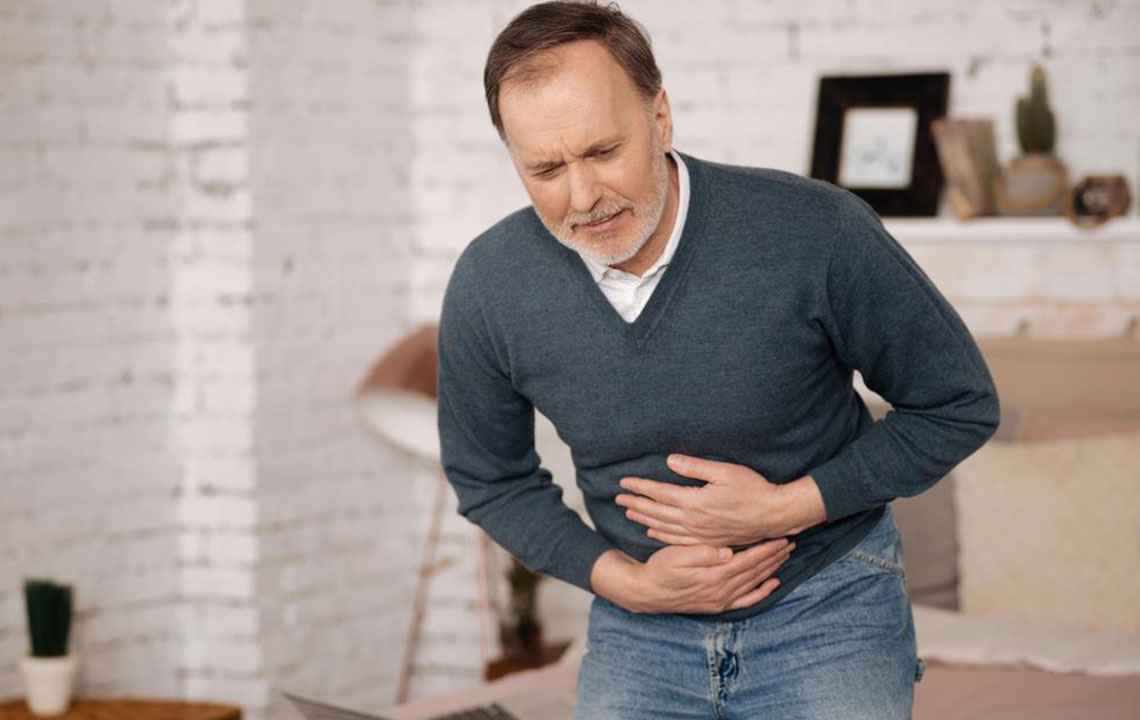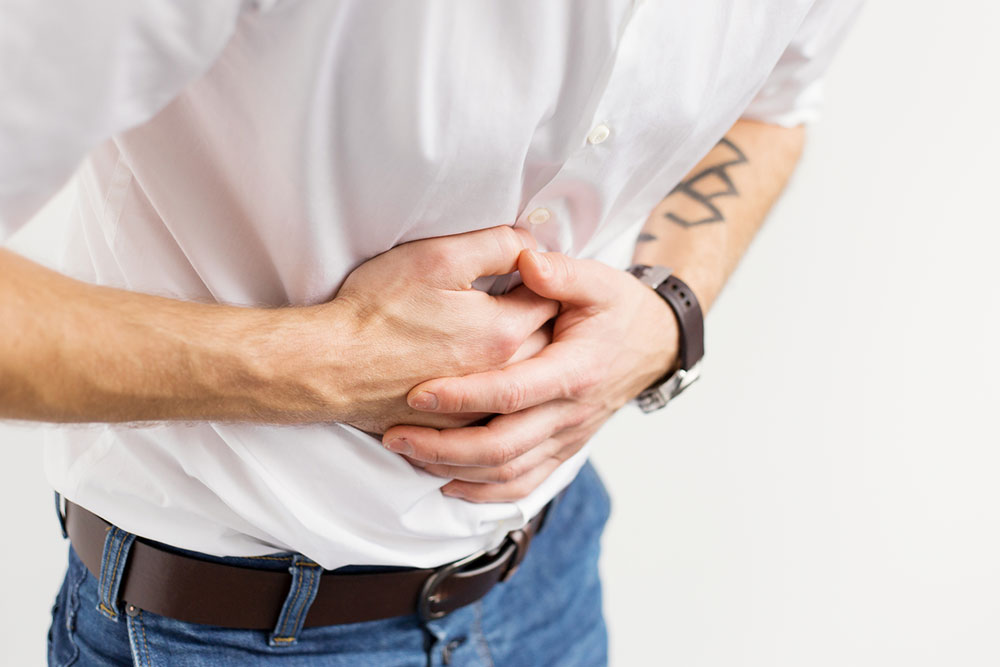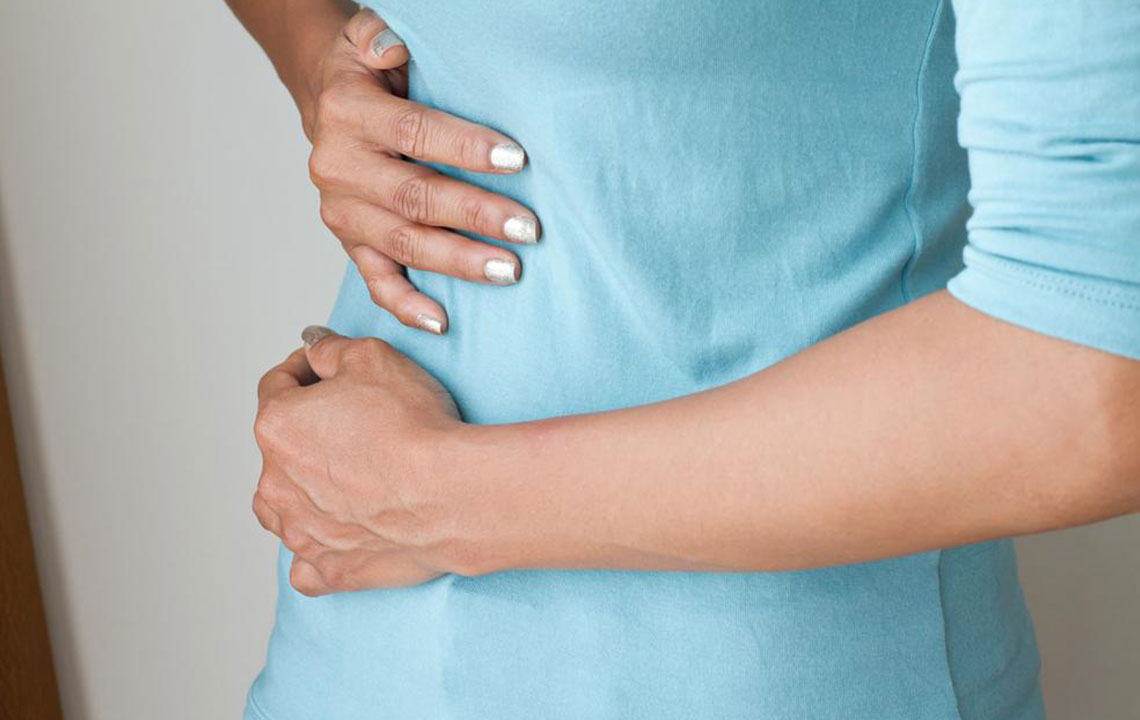Understanding Hemorrhoids: Causes, Symptoms, and Effective Treatment Options
Hemorrhoids are swollen blood vessels in the anal region caused by factors like diet, pregnancy, and obesity. Symptoms include bleeding and irritation. Home remedies such as aloe vera, cold packs, and gentle wipes help alleviate discomfort. Proper hygiene and medical treatment are essential for persistent cases. This guide explores causes, symptoms, and effective remedies to manage hemorrhoids naturally and efficiently.
Sponsored

Hemorrhoids, commonly called piles, involve swollen blood vessels within the anal and rectal walls. They are natural parts of anatomy but become problematic when they swell due to increased pressure. Excessive strain on these vessels causes them to enlarge, leading to discomfort. This condition affects many people worldwide at some point. Hemorrhoids may form inside or outside the anus.
Internal hemorrhoids develop within the rectum and are often unnoticed unless severe, typically bleeding during bowel movements. External hemorrhoids appear outside the anus, visible and painful, especially if blood clots form. Managing hemorrhoids involves a variety of effective remedies available today.
Both men and women can develop hemorrhoids, most commonly above age 40. Causes include lifestyle factors like diet, pregnancy, and obesity. A diet low in fiber causes straining during bowel movements, increasing pressure on rectal vessels. Pregnancy's hormonal changes weaken rectal muscles and the growing uterus exerts pressure. Obesity adds extra strain on pelvic blood vessels. Other factors include prolonged sitting, colon issues, and family history.
The primary symptom is bleeding, often painless early on, with blood visible on stool or toilet paper. Itching and irritation around the anus also signal hemorrhoids. For relief, several home remedies can reduce pain and inflammation.
Homemade remedies like aloe vera gel soothe inflamed tissues thanks to its anti-inflammatory properties, but patch testing is recommended. Cold packs help decrease swelling; wrapping ice in a cloth and applying to the area provides relief. Switching to gentle wipes instead of dry toilet paper prevents aggravation. Stool softeners can aid those with chronic constipation by easing bowel movements. Maintaining hygiene by cleaning with warm water and mild soap supports healing. Persistent symptoms warrant medical attention, where treatments may include injections or other procedures for effective relief.






